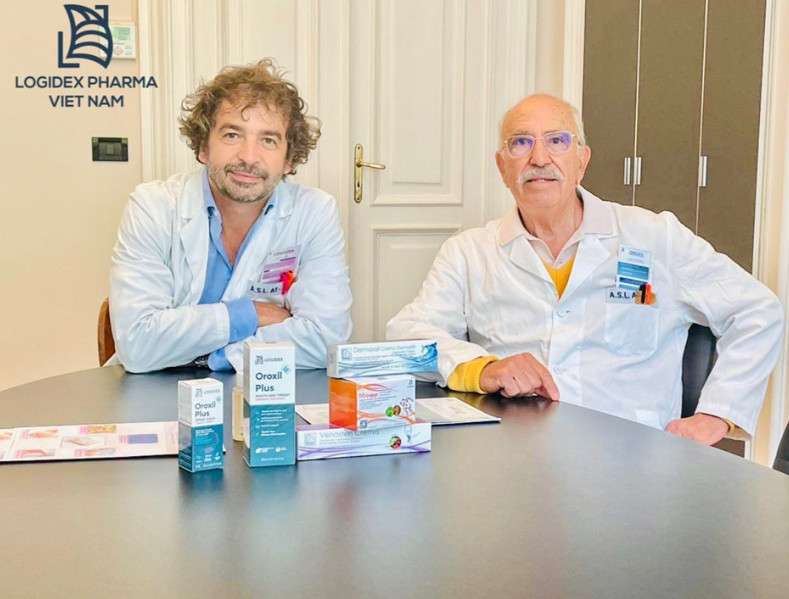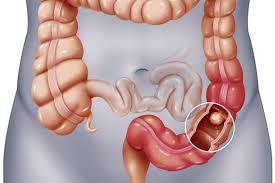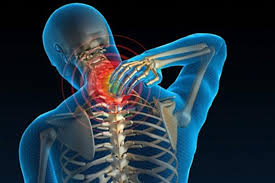5 Warning Signs of Stomach Cancer
Stomach Cancer is one of the most common and dangerous malignant diseases worldwide. According to the World Health Organization (WHO), stomach cancer is the third leading cause of cancer-related deaths. Early detection of stomach cancer plays a crucial role in treatment and improving patient survival rates. Below are 5 warning signs of stomach cancer that you need to be aware of to recognize and treat the disease promptly.

1. Persistent Abdominal Pain
Abdominal pain is a common symptom in many digestive diseases, but the pain caused by stomach cancer often has distinct characteristics. Stomach cancer pain usually occurs in the epigastric region and can radiate to the back. The pain is persistent, doesn’t improve with regular pain relief medication, and may worsen after eating.
If you experience persistent, unexplained abdominal pain that doesn't go away with treatment, see a doctor for evaluation. Abdominal pain is not only a sign of stomach cancer but can also indicate other serious gastrointestinal conditions.
2. Loss of Appetite and Unexplained Weight Loss
Loss of appetite and unexplained weight loss are warning signs of stomach cancer. Patients often feel disinterested in eating, lose their appetite, and quickly feel full after eating. This leads to rapid weight loss without any clear cause.
If you are losing weight suddenly without changes to your diet or physical activity, consult a doctor to rule out stomach cancer or other diseases.
3. Nausea and Vomiting
Continuous nausea and vomiting, especially vomiting blood, are severe signs of stomach cancer. When a tumor develops in the stomach, it can cause blockages, preventing food from being digested and leading to nausea. Vomiting blood indicates that the tumor may have caused damage and bleeding in the stomach.
If you experience persistent nausea and vomiting, especially with blood in the vomit, seek medical attention immediately for proper evaluation and treatment.
4. Bloating and Indigestion
Bloating and indigestion are common symptoms of many digestive disorders, but when this condition persists and doesn't improve with medication, be cautious. Prolonged bloating and indigestion may indicate abnormal growth in the stomach, including cancer.
If you frequently feel bloated or experience indigestion after eating and the symptoms persist, see a doctor for examination and advice.
5. Black Stool
Black stool is a sign that there may be blood in your gastrointestinal tract. Blood in the stool can be caused by a tumor in the stomach, leading to bleeding, and the stool may appear black or coffee-colored. This is a serious symptom that should be checked immediately, as it may be related to stomach cancer or other gastrointestinal issues.
Preventing Stomach Cancer
Preventing stomach cancer is essential and important. Below are some measures to help reduce the risk of the disease:
- Maintain a healthy diet: Limit grilled, fried, and processed foods. Increase your intake of green vegetables, fruits, and fiber-rich foods.
- Regular health checkups: Regular health screenings help detect early signs of abnormalities. If you have a family history of stomach cancer or are at high risk, get regular stomach checkups, including endoscopy.
- Avoid risk factors: Limit alcohol consumption, avoid smoking, and reduce exposure to carcinogenic substances. Research shows that alcohol and tobacco use increase the risk of stomach cancer.
- Use health support products: Take supplements, vitamins, and minerals to boost your immune system and protect your stomach.
Treatment for Stomach Cancer
Treatment for stomach cancer depends on the stage of diagnosis. The main treatments include:
- Surgery: This is the primary method for treating early-stage stomach cancer. The surgeon will remove the cancerous part of the stomach and surrounding tissues.
- Radiation therapy: This uses radiation to destroy cancer cells and is often combined with surgery for better effectiveness.
- Chemotherapy: Chemotherapy drugs are used to kill cancer cells. It can be given before or after surgery to reduce the tumor or eliminate any remaining cancer cells.
- Immunotherapy: A newer treatment that stimulates the immune system to fight cancer cells. This method is under research and gaining wider application.
Conclusion
Stomach cancer is a dangerous disease but can be treated effectively if detected early. If you experience any of the 5 warning signs mentioned above, visit a medical facility promptly for examination and treatment. Awareness of these symptoms can save your life or that of a loved one.
 Italiano
Italiano  English
English  Vietnamses
Vietnamses







